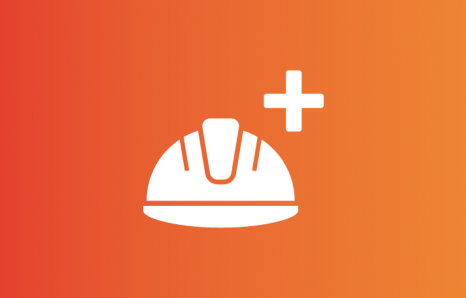George Hamlyn explores Transport for London's approach to authentic peer support, taking you through the history of TfL's peer support program and highlighting the risks of focusing solely on the 'soft and fluffy' side of wellbeing. He provides an overview of TfL's training program, the crucial role of documents, policies, and procedures in ensuring consistency and also discusses the importance of evaluating and holding peer supporters accountable for their actions.
You may also be interested in:

Top tips to protect yourself from melanoma (skin cancer)
Melanoma is the deadliest skin cancer, but nearly 90% of cases are preventable—this short video covers key facts, sun safety tips, and how to spot early warning signs that could save your life.

Occupational hygiene: The missing piece of the puzzle
We’re always looking for ways to keep everyone safe from harm at work. In this session, Claire Forshaw discusses situations where occupational hygiene can be used for rail projects, its benefits, and some real-world examples.

Tips for staying alert and energised during your shift
Deborah Edmonds and Rupert Lown will explore how we can all contribute to improving our alertness when we are working on shifts. Shift working can be a bind, but a bit of thinking and with some small adjustments we can make ourselves more alert – and you won’t need cans of energy drink or treble expressos! Our lives are hectic, we often have young families, caring for parents, grappling to sleep in very hot weather. All of these are things we have to live with, but there are tips and tricks to help us and we will explore these with you.
